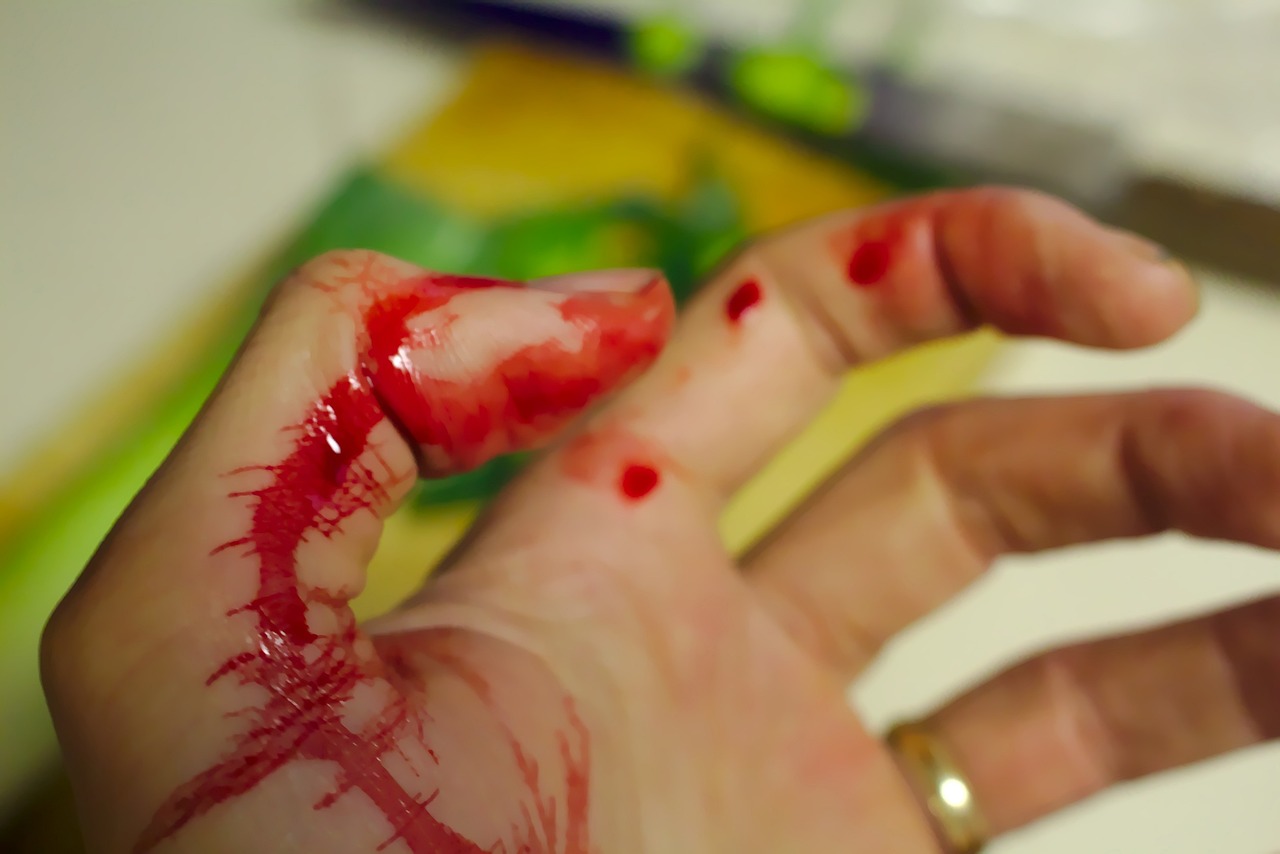Eczema sores (eczema)
Eczema is a skin disease characterized by chronic inflammation of the skin. Eczema arises in individuals who have sensitive and dry skin types with marked rashes, skin redness, and inflammation. The mechanism by which eczema develops involves a complex relationship between skin barrier dysfunction, abnormalities of the skin microbiome, and dysregulation of the immune system. Eczema (eczema) or atopic dermatitis is a chronic skin disease, can occur for years, even a lifetime, often recurs and interferes with daily activities due to intense itching
Redness, itching, inflammation and frequent dryness are one form of atopic eczema (AE) or atopic dermatitis (AD). This condition often occurs in both children and adults caused by several triggering factors, including:
- Environmental factors: weather ( hot / cold), irritating materials (wool, perfume, clothing labels)
- Food factors: allergens (seafood, eggs, etc.)
- Infection: eczema is caused by secondary infection through organisms such as bacteria Stahylococcus aureus, Streptococci, Candida or Herpes simplex virus and molluscum contagisum
- Eczema can also arise due to genetic factors, skin barrier dysfunction, abnormalities in protein and enzyme activity
Prevention and reduction of the incidence of eczema wounds (eczema) can be done by avoiding the trigger factors, providing moisturizers to reduce skin dryness. Moisturizer/cream should be removed from the tube to another clean place to avoid bacterial or viral contamination. Next, do self-cleaning (bathing) cleanly to maintain personal hygiene. As well as other considerations, namely by adding supplementation of haian vitamin D for moderate to severe eczema.
Secondary viral infection caused by herpes simplex virus (HSV) is characterized by the sudden onset of small white or clear fluid-filled vesicles, satellite lesions or "punch outs", pustules, and erosion. Often painful, painful, and itchy. Other viruses that can cause eczema to recur are molluscum contagiosum and coxsackie A6 virus (hand, foot, and mouth disease). The principles of handling infected eczema are:
- Remove the crust with a damp cloth once with use (e.g. chux or rediwipe) and wipe gently. This confectionery is best done after bathing
- Steroid creams can be applied to skin that is exposed and has an infection, but FIRST remove crusts and scars.
Eczema treatment can be done with modern wound care, one of which is with modern dressings and drug administration as recommended. The condition of eczema (eczema) requires proper handling and consultation with a doctor. This eczema disease cannot be avoided and is also not an infectious disease because this is an allergy and is a congenital disease, so it can only be given preventive treatment so as not to recur, and patients already understand the importance of preventive measures to avoid eczema recurrence and also of course by changing a cleaner and healthier lifestyle pattern in the future.
Treatment of eczema so far uses the help of therapy with non-pharmacological and pharmacological interventions. Non-pharmacological therapy can be in the form of moisturizing, avoiding irritants, and reducing itching on the skin. Meanwhile, pharmacological therapy can be done by administering corticosteroids, oral antihistamines, and phototherapy. This therapeutic treatment only gives a temporary effect. In this case, lyanan home care BIOLUKA is a wound clinic in Bali that serves doctor consultations and modern wound care, contributing to facilitate the community related to wound treatment more efficiently and quickly heal.
 Indonesia
Indonesia
 English
English


